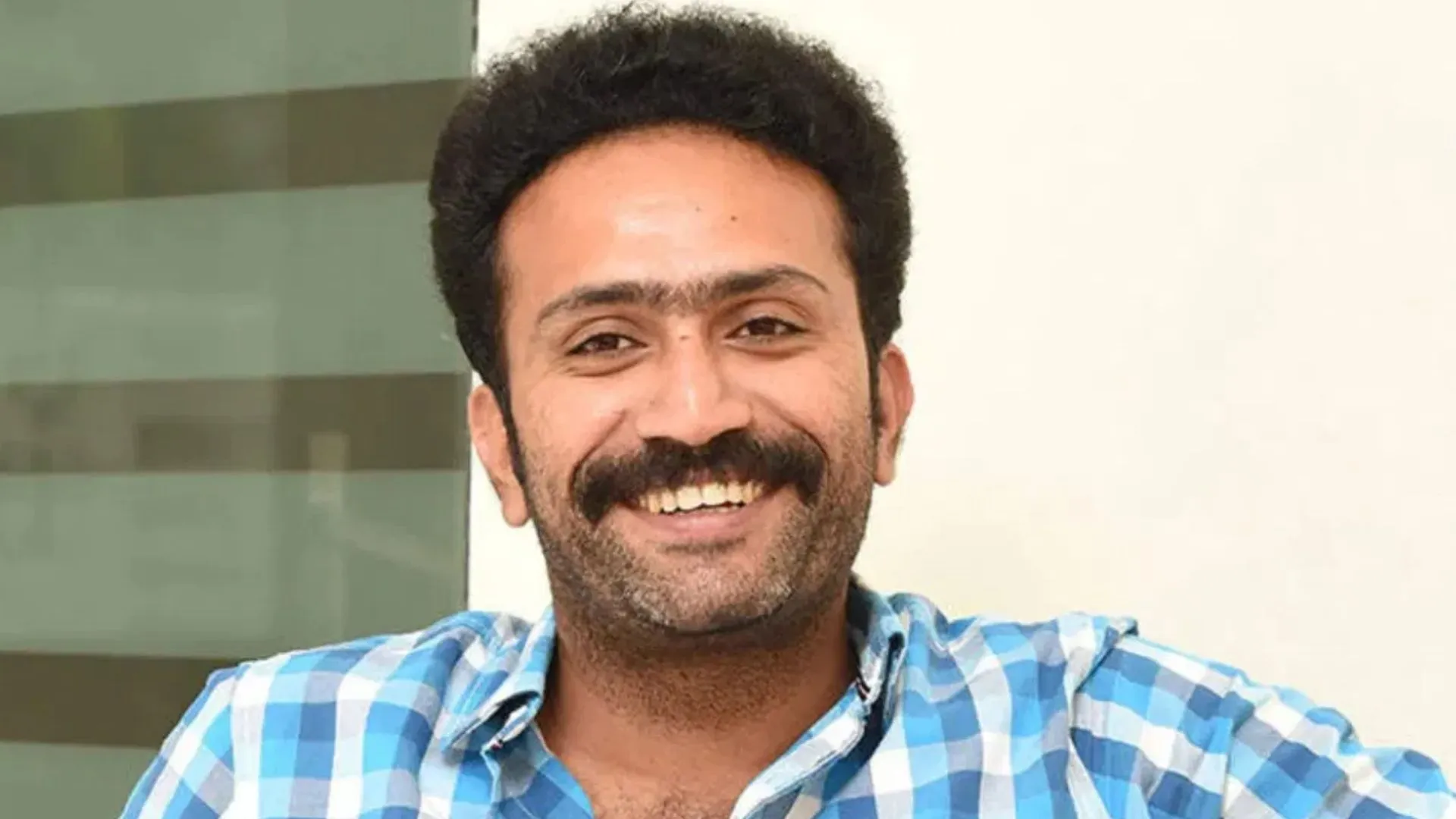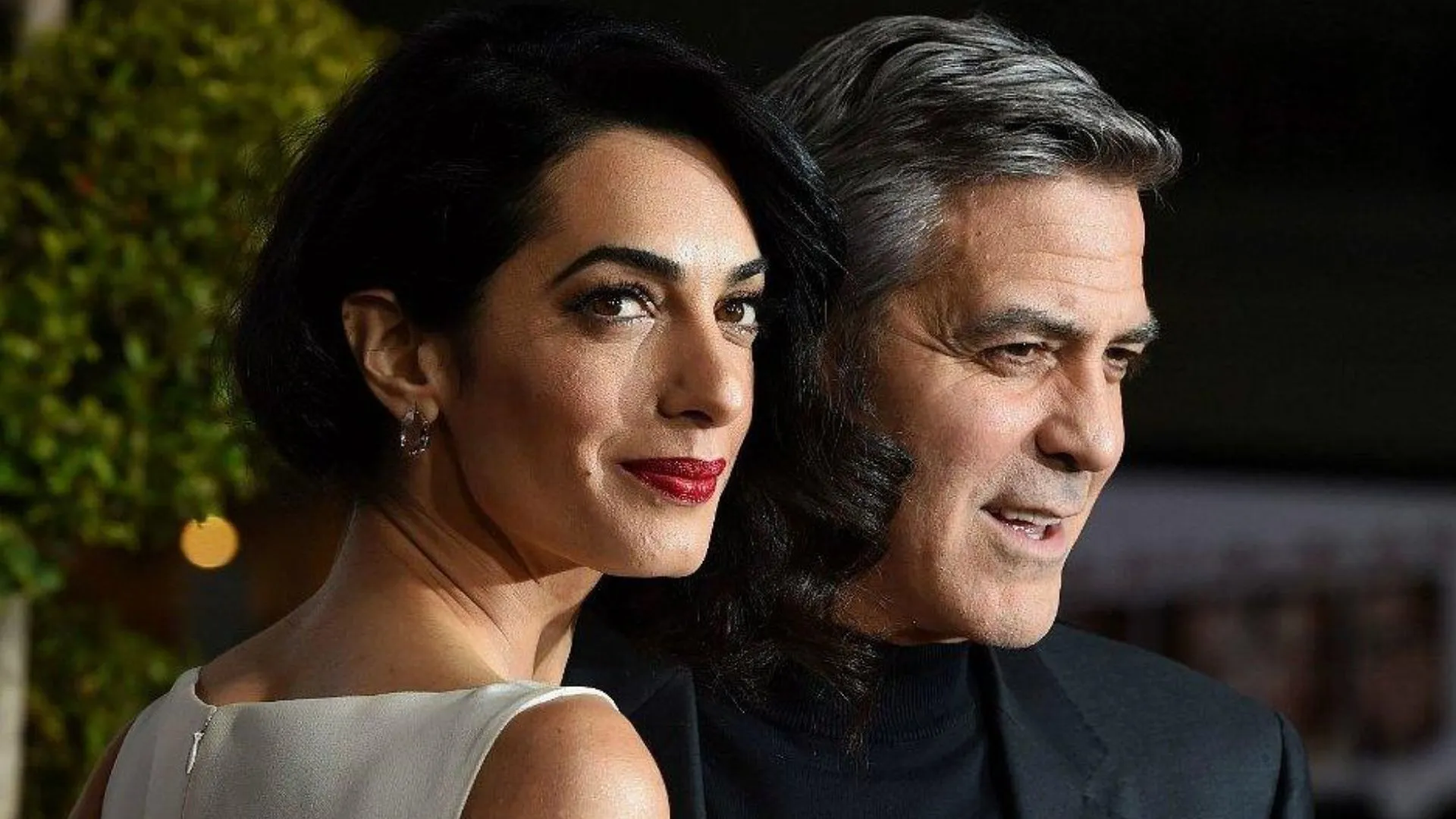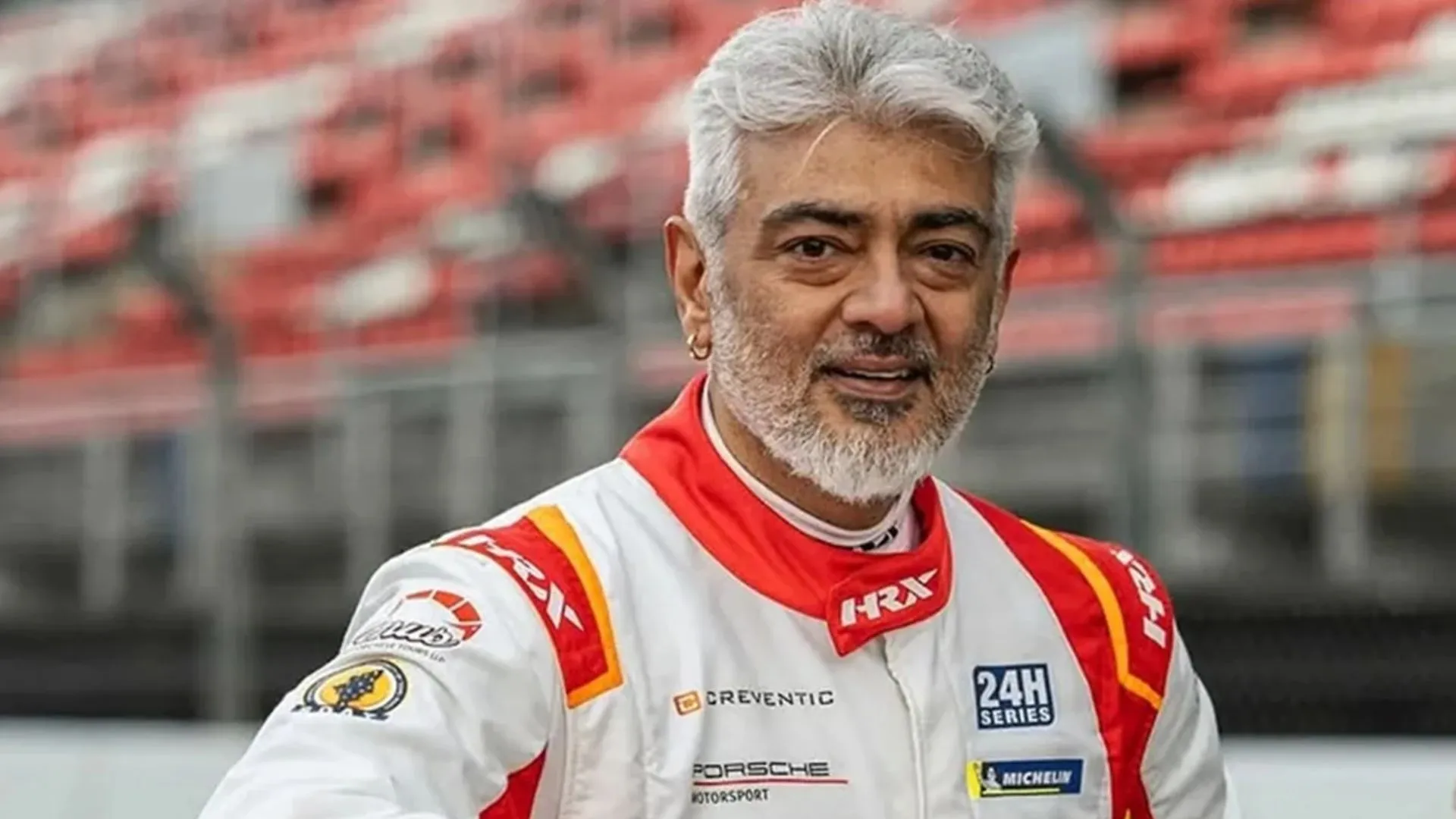In a dramatic turn of events, Syrian opposition forces, led by Hayat Tahrir al-Sham (HTS), have surrounded the capital city, Damascus, compelling President Bashar al-Assad to flee to an unknown location. The development, confirmed by Syrian Army officers to Reuters, follows a series of victories by the rebels, who captured key cities such as Daraa, Quneitra, Suwayda, and Homs on Saturday.
The HTS, alongside Turkish-backed Syrian militias under the Syrian National Army umbrella, has claimed this as part of their “liberation” campaign. HTS spokesperson Lt. Col. Hassan Abdul Ghani declared early Sunday that their ultimate goal is to capture Damascus, stating, “Our eyes are on the capital, Damascus.”
As the rebels encircled Damascus, no signs of significant Syrian Army deployments were seen in the city. President Assad reportedly boarded a plane and left the capital amid the advancing forces. With the Syrian government’s control now limited to just three provincial capitals—Damascus, Latakia, and Tartus—the Assad regime faces unprecedented pressure.
The rebels’ offensive has disrupted crucial territorial links between Damascus and the coastal regions, marking a critical blow to the regime. Homs, Syria’s third-largest city, was captured on Saturday, severing the connection between Assad’s power base in the capital and the coastal cities.
Who Are the Opposition Fighters?
The powerful HTS insurgent group has been leading the charge. Once affiliated with al-Qaeda, HTS severed ties with the organization in 2016 under the leadership of Abu Mohammed al-Golani, who has since rebranded the group as a force aiming to promote civilian governance and military action.
HTS, however, remains classified as a terrorist organization by the United States and the United Nations. Despite its claims of cutting ties with al-Qaeda, its roots and past affiliations continue to shape global perceptions of the group.
HTS leader Abu Mohammed al-Golani has emerged as a prominent figure in Syria’s insurgency. Known for his strategic acumen, Golani has built alliances and refashioned HTS into a dominant force challenging Assad’s long-standing rule. Experts like Joshua Landis from the Centre for Middle East Studies describe him as “smarter than Assad” due to his ability to retool and win allies.
Turkey’s Role in the Conflict
HTS is working alongside Turkish-backed Syrian militias, but their objectives might diverge in the long run. Turkey, a significant supporter of anti-Assad forces, aims to create a buffer zone near its border to counter Kurdish militants, who are adversaries of Ankara.
While Turkey has denied involvement in the current offensive, its past support for opposition forces has been pivotal in shaping the ongoing dynamics. Turkish officials have recently called for reconciliation but remain distant from the current developments.
Assad’s Regime Hangs by a Thread
The opposition’s gains have left Assad’s regime in a precarious position. Over the past ten days, the rebels have made significant advances, threatening to end Assad’s 24-year rule. HTS spokesman Hassan Abdul-Ghani emphasized that their forces were executing the “final stage” of their offensive by surrounding Damascus, according to an AP report.
The future of Syria looks increasingly uncertain. Anas Joudeh, a resident of Damascus, told AP, “Homs to the coastal cities will be a very huge red line politically and socially. Politically, if this line is crossed, then we are talking about the end of the entire Syria, the one that we knew in the past.”
What’s Next for Syria?
The Syrian Democratic Forces (SDF), backed by the United States, currently control much of eastern Syria, while Assad’s forces struggle to retain their dwindling territories. With the rebels advancing into Damascus, the regime faces critical challenges to its survival.
As the opposition forces prepare for their next move, the international community watches closely, speculating on the potential end of Assad’s rule and the implications for Syria’s fractured political landscape.
ALSO READ: Syrian Prime Minister Denies Leaving Syria, Promises To Work With The Leadership Chosen























